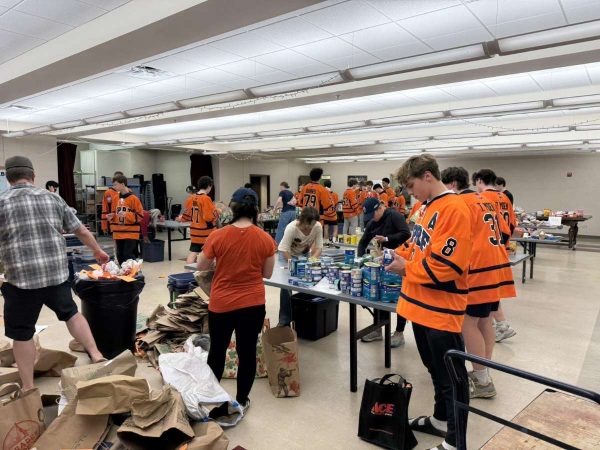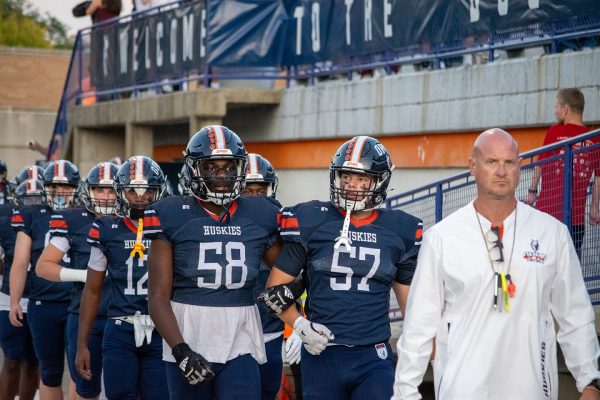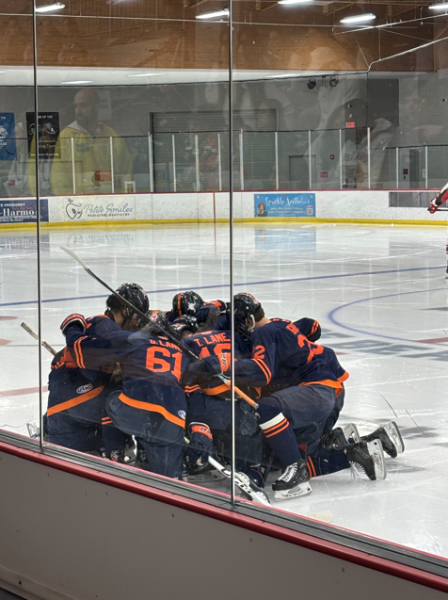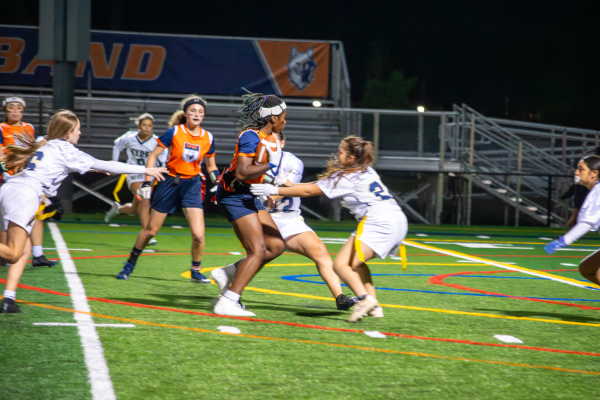The problem with fantasy football
On Oct. 31, Atlanta Falcons star wide receiver Calvin Ridley announced he was taking a break from football to focus on improving his mental well-being. Instead of encouraging him, many fantasy football owners took to social media to bash Ridley for his decision. He was called weak, a quitter, worthless, and a draft bust by people sitting at home on their couches.
Ridley plays football on the biggest stage in the world. In the age of social media he faces an unprecedented amount of pressure to perform, and when he decides to take a break people ridicule him and complain about how they took him in the second round of their fantasy draft.
On Nov. 2 at 3:39 am in Las Vegas, former Oakland Raiders standout receiver Henry Ruggs was reportedly driving over 150 mph while having a BAC (blood alcohol content) of .161, twice the legal limit. His car collided with the car of 23-year-old Tina Tintor of Las Vegas, killing her and her dog.
While most of the response on social media was about the tragedy, some people complained about how Ruggs was on their fantasy team and how they would have to find a replacement. Others expressed gratitude that they had traded him in the weeks before. Henry Ruggs killed somebody and some people’s first thoughts are about their fantasy teams.
Forty million people play fantasy football in the United States every year. Numerous students and teachers at OPRF participate in fantasy football. I used to be an avid fantasy player, but this year I stopped playing and realized how much better not playing fantasy is.
I have found myself enjoying watching football more this year because I no longer have to root for or against certain players. Instead of rooting against Derek Carr and Darren Waller during one of this season’s exciting Monday Night Football games, I can simply enjoy the game for what it is and appreciate the players as more than just a fantasy score.
This year I have been taking a class called Sports and Resistance in American History. In this class, I have learned that sports can be a huge unifier. Sports bring people together across political, religious, physical, and racial barriers.
For a long time, fantasy football served as a medium for NFL fans to come together. Unfortunately, fantasy players have become so ignorant to the events of the real world that fantasy can no longer bring people together. Before people criticize or ridicule a player on their fantasy team for making a decision, they need to think about how at the end of the day, fantasy football is just a game.





